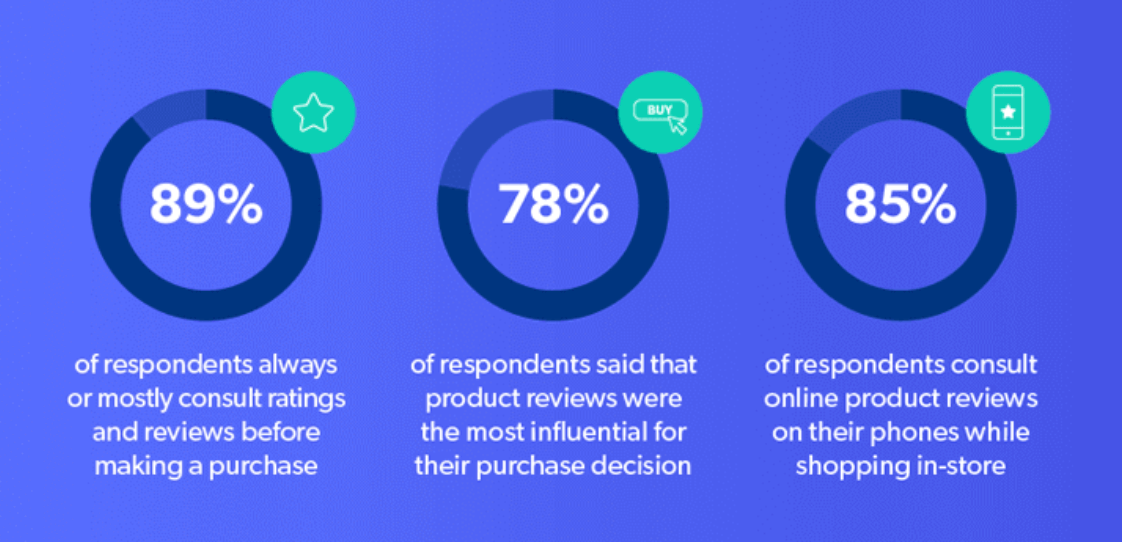
A new shift is evident in the industry's health care sector, according to the latest health consumer report. It reveals that only 13% of consumers say they trust pharmaceutical companies to treat their health issues. This low level of confidence is not good for the industry. Additionally, consumers are comfortable using digital services instead of traditional in-person services like remote monitoring or virtual checkups. So, nearly three-quarters (75%) of people now manage their health care.
Trust is tied to certain, desirable consumer behavior
In recent years, the relationship between consumers and health companies has changed drastically. This report explores the evolving consumer opinions and experiences within the health and healthcare sectors, and shows that there is a strong link between trust and certain desirable consumer behaviors. A high level of trust is crucial for ensuring the ongoing success of a healthcare company.
Salesforce has found that customers are more likely share non-medical information with companies they trust. This holds true whether you are a healthcare provider, a medical technology company, or a pharmaceutical organization. Consumers who trust a healthcare provider are also more likely to be interested in using their services.

McKinsey also identified certain consumer behaviors that were associated with high trustworthiness. According to US consumer surveys, many people have tried new brands within the last year. They also changed their health expectations and moved from out-of–home activities to online involvement.
Building trust can lead to positive outcomes for consumers' health
Trust building between consumers with their healthcare providers is associated to more favorable health behaviors, better subjective health outcomes and higher levels of satisfaction. In addition, trust-building interventions are cost-effective and can be implemented in clinical care. Next is to investigate the mechanisms that link trust and positive health outcomes.
Transparency and accountability are key to trust building strategies. Patients are more likely to trust a physician and feel comfortable speaking with him about their concerns. Patients and doctors can develop a trusting relationship if they are open about their medical errors. This may increase a patient’s willingness to accept challenging or unexpected medical news.
In addition to building trust with consumers, healthcare providers must be committed to demonstrating their willingness to act in the best interest of their patients. To do this, they must be trustworthy. It can be challenging, especially in healthcare. The first step for any company is to understand the basics of the industry and then go from there.

Building trust leads to patient centricity
Building trust with health professionals is associated with better health outcomes, but the relationship varies considerably, depending on the outcome dimension used. The association between trust levels and subjective outcome scores is weaker in high-quality studies. The majority of studies were conducted with participants who had multiple complaints or chronic conditions. Treatment was for 1.7 months.
Biopharmaceutical research and management of disease requires that patients be centered. This includes understanding patients' lives and providing services and products that help them. While there isn't a single definition of patientcentricity, many initiatives have been taken in order to establish it.
Trusting patients is built through interaction with them during their encounters and following up. A recent study found that nearly 30% of patients failed to take their prescribed medication. This could be due either to financial limitations or cost. Developing and implementing a follow-up process can help ensure that patients are taking their medications and following their after-care plan, particularly if a patient has chronic conditions.